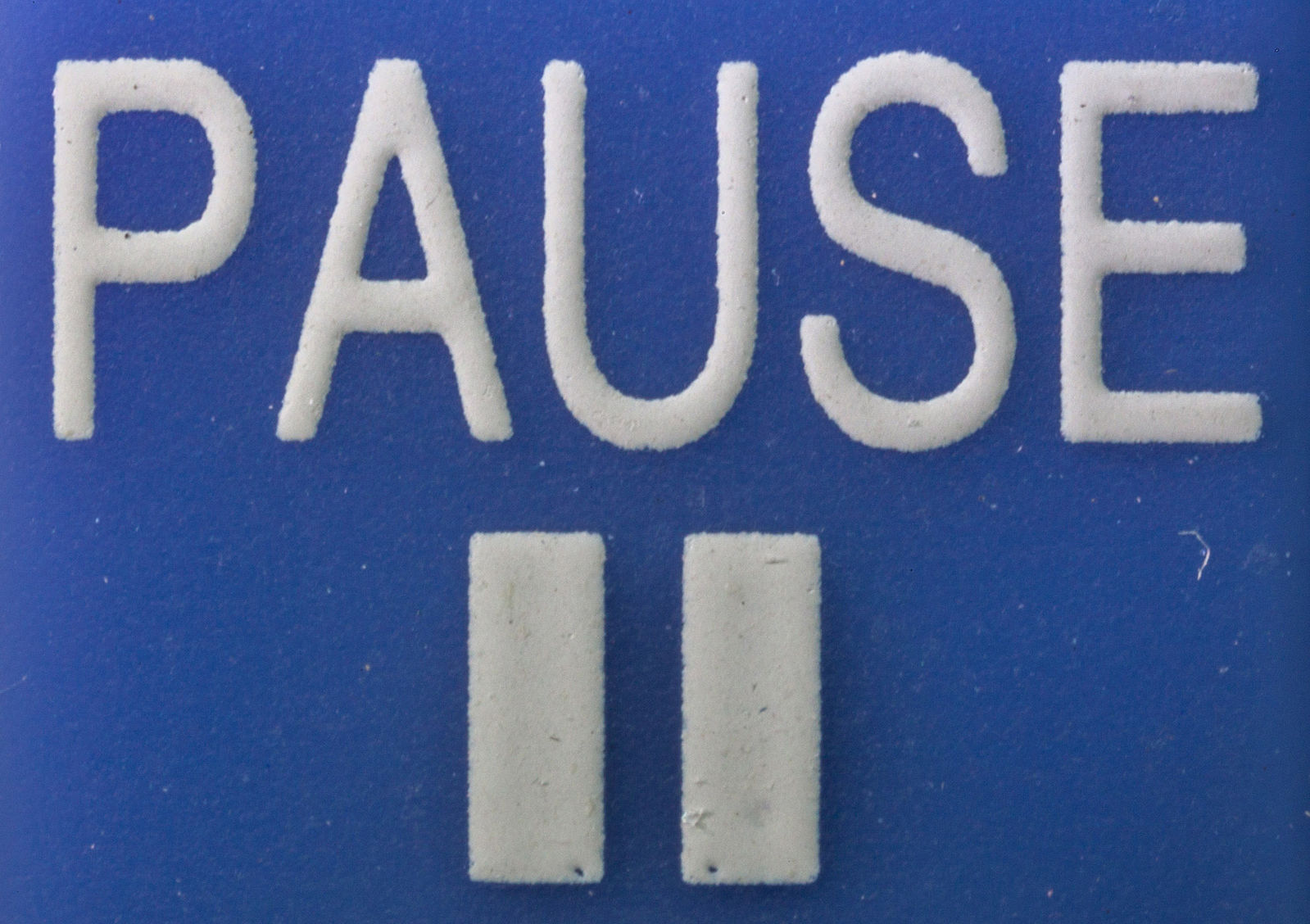This article/post contains references to products or services from one or more of our advertisers or partners. We may receive compensation when you click on links to those products or services
Between inflation and fears of a recession, you’re probably paying attention to the economy more closely these days.
The Federal Reserve is on a mission to get record-high inflation under control. One way they’re trying to do this is by increasing interest rates. The logic? Higher interest rates make borrowing money more expensive.
In theory, that should trickle down to the rest of the economy. It becomes more expensive for businesses to access capital and for regular people to finance large purchases, like buying a home.
However, some economists and business experts worry that these attempts could backfire. The concern is that instead of just causing disinflation, the Fed could inadvertently send the economy into a state of deflation.
This article will cover the difference between deflation and the Fed’s current policy of disinflation. It’ll also dive into what you should know as an investor to protect your portfolio. But first, let’s start with the bogeyman in all the news headlines of the day.
The Short Version
- Inflation is when too much money is circulating around the economy and not enough goods being produced
- Deflation is when there are too many goods and not enough money, leading to a drop in prices
- Disinflation is when inflation begins to cool, either by market forces or government action (like interest rates hikes)
- While disinflation isn’t something to worry about, in and of itself, it could lead to deflation
What Is Inflation?
Both inflation and deflation are the results of changes in supply and demand within an economy.
Inflation is the concept that people are more likely to be familiar with. It happens when too much money chases too few goods. Currently, we’re in a state of inflation from the COVID-19 pandemic: Global manufacturing facilities were shuttered for a period of time and public health policies impacted business owners’ abilities to provide goods and services to their customers.
At the same time, governments around the world injected new money into their economies to simultaneously stimulate them. This resulted in too much money circulating around the economy and not enough goods or services being produced to keep up with it.
You can see the pricing power of the U.S. dollar over the course of the past year in this graph.
At the grocery aisle, it looks like peanut butter or milk being a few dollars or cents more than just a few months ago. But those extra few dollars here and there can quickly add up, while salaries stay the same. That makes it hard for many people to keep up with previously affordable lifestyles.
More on inflation and what to do about it >>>
What Is Deflation?
Deflation is the opposite of inflation. It happens when there’s a reduction in the money supply. Prices of goods and services fall as the supply of money decreases. Sounds good, right? But while consumers have more buying power in the short-term, it can also lead to long-term financial hardship.
Prices falling typically means that consumer spending is down. Consumer spending goes down as a result of a few different reasons, like economic uncertainty and less confidence in the market, or when other costs (including debt) go up.
When consumers buy fewer goods and services, businesses start tightening their budgets, more wary of putting more money into their operations. A reduction in business operations can trigger unemployment. More unemployment means less spending. And if the pattern continues, deflation can spiral out of control.
While deflation usually translates into cost savings for consumers in the short term, it can lead to a prolonged economic contraction in the long term. This is bad news for the economy overall. Deflation is a sign that an economy is stalling. If not properly managed, it could turn into serious economic hardship.
This is what the purchasing power of the U.S. dollar looked like between 1929 and 1934 — the period known as the Great Depression.
The Great Depression is an extreme example of deflation in modern history. The Roaring ’20s screeched to a halt with a stock market crash and was immediately followed by a series of banking and financial crises. One oft-cited cause of the Great Depression was the Fed raising interest rates to rein in the rampant speculation in the stock market. This eventually sent share prices plummeting. During this period, nearly a quarter of the American workforce found themselves without jobs, and many without homes.
Related >>> The Biggest Economic Bubbles in History: From Tulips to Crypto
What is Disinflation?
Disinflation represents the change in the pace of inflation. It means that inflation has slowed down, but it has not gone below zero. Prices are still rising — just not as much as they were previously.
During periods of disinflation, there typically aren’t many signals indicating the economy is in a slowdown. Some disinflation is good because it allows consumers and businesses to continue participating in the economy at a normal pace.
Disinflation can be caused by a natural change in the economy — for example, a recession— or a deliberate policy action, like the Federal Reserve stepping in to actively bring down the rate of inflation by tightening the money supply. It can even come about from new efficiencies in technology and from an oversupply in goods.
Historically, economies tend to be in periods of inflation rather than deflation, so disinflation occurs more commonly than deflation. Overall disinflation is not necessarily a bad thing. It represents business as usual for regular economic business cycles.
Deflation vs. Disinflation: Which Should Investors Hope For?
Investors shouldn’t worry about disinflation too much. It typically indicates that the economy is healthy, especially if it’s the natural result of technological advancements or changes in production. A decline in the rate of inflation due to changes in technology can suggest that companies are finding ways to scale and become more efficient.
Instead, what investors should be wary of is a shift from disinflation to deflation. That can signal the onset of adverse economic conditions that can wreak havoc for both consumers and businesses.
In periods of disinflation, stocks tend to perform well. Bonds also tend to do well, especially when a central bank begins reducing interest rates rather than raising them. Following periods of high inflation, disinflation can come as a relief, boosting investor confidence.
But when it comes to deflation, stocks don’t perform as well. This can be the result of events triggered by a negative economic outlook such as a recession or social and political unrest.
Investors should pay attention to economic signals that indicate inflation is cooling too quickly. While disinflation is relatively normal, too much disinflation too quickly can lead to deflation. As we’ve seen in the past, when the economy enters into a period of deflation it can become more difficult to get out of it.
Is There a Legitimate Risk of Deflation in 2023?
It’s too soon to say whether or not deflation will occur in 2023 or in the years ahead. With historically high levels of inflation in the economy, however, some prominent investors are worried.
Possible Fallout From Fed Rate Hike
Some business leaders — including, notably, Cathie Woods and Elon Musk — are concerned that continued interest rate hikes by the Federal Reserve might increase the possibility of deflation setting in. As borrowing becomes more expensive, businesses may look for ways to reduce costs. This historically includes layoffs and a rise in unemployment. As more and more consumers find themselves out of work, they will become more likely to hold onto money rather than spend it.
The Fed’s rate hike policy has the possibility of initiating a recession in 2023. While a recession is not a guarantee for deflation, the deflationary spiral that could follow would be more difficult to avoid.
Read more >>> How to Invest for Rising Interest Rates | Best Stocks & Sectors
The Pandemic’s Ongoing Problems
Beyond the U.S. there’s also the fear of the global impact of the economic response to COVID-19. Central banks around the world are working to disinflate their own economies. The challenge with this is that the global economy is more integrated now than ever before.
And amidst each country working to cool off inflation are other market forces at play: A change in the supply and demand in one part of the globe impacts everyone else.
An example of this is the current microchip shortage. The pandemic greatly reduced production of these chips leading to a huge shortfall in supply. Meanwhile, the move towards automation and the electrification of vehicles (and soaring gas prices) has driven up global demand in EVs. Businesses dependent on microchips can find it difficult to provide products and services, limiting growth in certain industries. Sounds pretty inflationary, right?
However, curtailed growth in one sector — especially one as ubiquitous as microchips — can trigger contagion elsewhere in the economy, especially when it comes to unemployment.
Consumers who find themselves out of work in a struggling job market may be averse to spending money. The lack of spending can signal to other businesses that consumer demand is waning, leading them to contract their operations. This increases the likelihood of broader economic shrinkage which can lead to a recession or possibly initiate a deflationary spiral.
Related >>> What Can Past Stock Market Crashes Teach Us?
How to Protect Your Portfolio From Deflation?
Whether or not the economy enters into a period of deflation in 2023, it’s a good idea to diversify your portfolio to hedge against risk from all sides.
One of the most popular investment vehicles to hedge against deflation are bonds. High-quality bonds are backed by the government and paid out in cash. During deflation, cash increases in value which makes it more desirable to hold onto and invest with.
Read one writer’s take >>> Why I’m Investing in Treasury Bonds Instead of the Stock Market
For investors who prefer holding onto cash, a certificate of deposit or money market account can keep your investment in a highly liquid form while generating interest that is higher than a typical checking or savings account.
Stocks tend to perform poorly in periods of deflation due to contractions in capital markets. There are, however, some sectors that can withstand financial uncertainty. Companies that produce consumer staples (like food products or toilet paper) usually perform better than companies producing discretionary consumer goods (like clothing). These are commonly referred to as defensive stocks.
You can also look for high-quality dividend-paying stocks. These stocks generate income, even during recessions. REITs, for example, are tied to real estate and are required to pay dividends to their investors.
Lastly, if your portfolio includes debt, such as a mortgage on a real estate investment, you might want to consider looking at ways to reduce your debt burden. Interest on debt keeps growing, even when income and wages decline. Economic uncertainty during a period of deflation can make any debt you might be carrying much more difficult to manage.
The Takeaway
Disinflation isn’t necessarily something to worry too much about. It just means that the pace of inflation is slowing down. Deflation, on the other hand, is a cause for concern. This type of contraction in the economy could lead to financial disaster for consumers, businesses, and investors.
Regardless of whether or not deflation happens as a result of the Fed’s current rate hikes, investors can protect themselves by preparing for the worst-case scenario. This means evaluating your portfolio to see how concentrated it is in stocks, bonds, and cash. Moving some investments into safer instruments, like government-backed bonds, can help you hedge against the impact of deflation in the economy if it happens.
Brush up on your economic knowledge with our guides >>>















